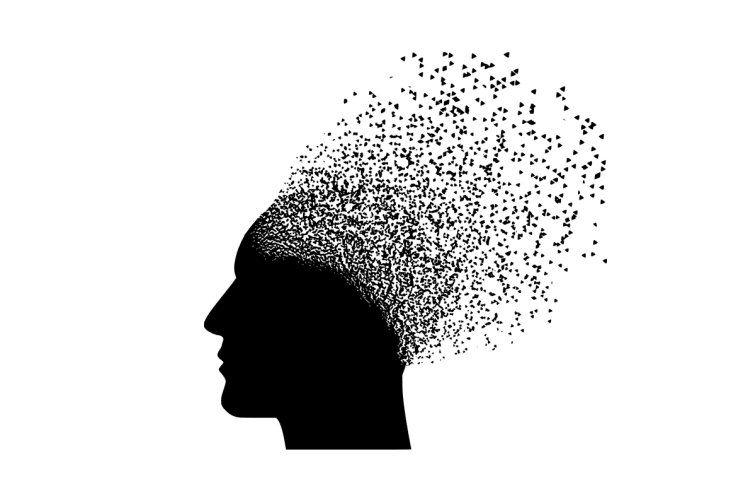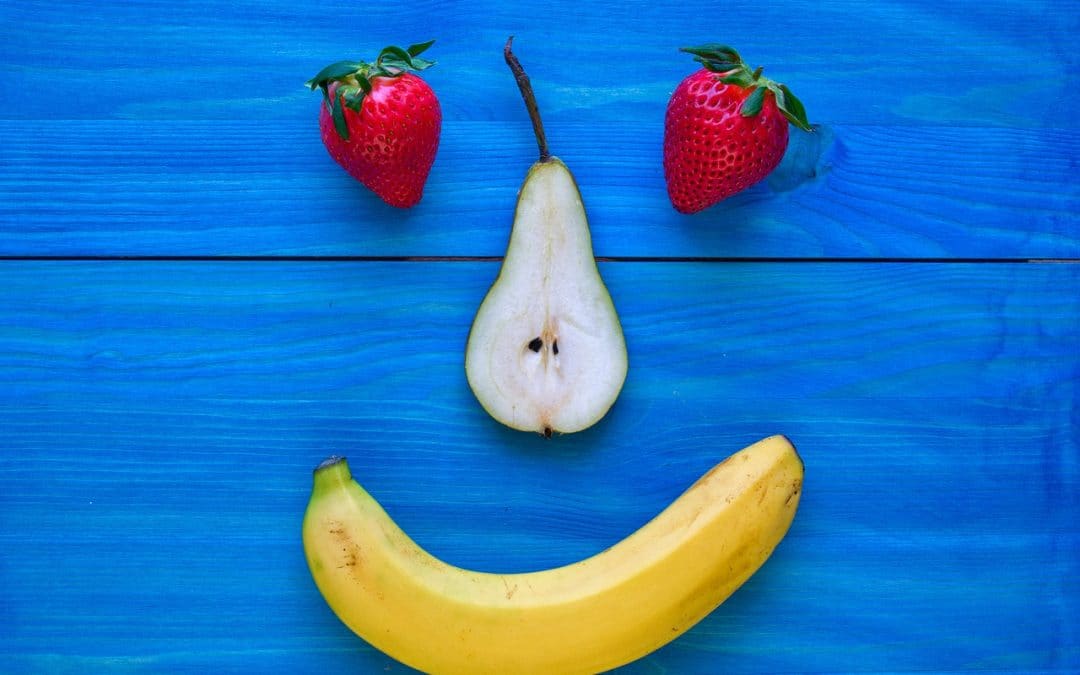How to Not Worry and Be Happy
The biggest barrier to overcoming anxiety, worry, and depression is often the idea that nothing can be done about it.
I will show you that this isn’t true.
Further, I’ll show you how to improve your mood WITHOUT:
- Spending any money.
- Engaging in meditation, thought exercises, mantras or exercise.
The Agreed-On Reasons for Anxiety & Depression:
I’ve found that people often think that stress causes anxiety and depression in their lives. Another popular idea is that anxiety and depression are from chemical imbalances in the brain.
One problem with these ideas is that you are unlikely to be able to do much about either one. Another is that the chemical imbalance theory has been thoroughly debunked as a marketing idea to sell antidepressant drugs.
Sure, stress may affect your moods, but it’s more likely that stress is making an existing problem worse rather than being the main cause.
The Actual Reasons for Anxiety & Depression:
If you’re suffering from mood problems, you may have physical issues or weaknesses with your body that you aren’t connecting with your mental condition. These could be digestive problems, blood sugar, or hormone issues with mild or common symptoms you may well believe are “normal.” Further, many of these problems may not be diagnosed as a disease by your doctor, so you may think you’re physically “perfectly healthy.”
However, when combined with mental stress, these physical weaknesses can overwhelm your body and trigger anxiety and depression.
Your mental problems may be caused by these physical health problems and made worse by the stress in your life.
You Can Test This Yourself!
Try the actions below, designed to reduce the physical stress on your body. In short order (a couple of weeks, if not sooner), you will most likely see a definite improvement in your mood.
Your Assignments:
Read the labels on food and stop eating junk, preservatives, flavor enhancers, and colors.
If you can’t pronounce the ingredients or don’t know what they are, you are eating stuff that IS NOT FOOD. Artificial sweeteners and flavors, preservatives, colors, texture enhancers, flavor enhancers—all this stuff can directly affect your brain. Further, many people develop allergies to these chemicals, which can cause severe brain fog and difficulty concentrating.
Your stress may be made worse by food allergies. Try avoiding these most likely allergic foods.
Allergy testing and a health improvement program to address allergies can reduce inflammation, allow natural weight loss, and help with everything from digestive stress to brain fog (see here for more information). While the testing and treatment of allergies can permanently reduce your problems, the do-it-yourself approach can still work wonders:
Try avoiding the foods below for four weeks. I recommend doing it one food group at a time to learn what to avoid and what you can still eat. If you notice that you can think more clearly, have a better mood, or that other symptoms improve (joint pain, digestive problems), quit eating that food group.
Avoid these foods in the order given:
- Gluten-containing foods (wheat, barley, rye).
- Dairy foods (milk and cream are the worst, cheese and yogurt are a problem for fewer people, butter is usually OK).
- Eggs
Stop eating refined sugar.
Your blood sugar is crucial to the correct operation of your nervous system. Eating refined sugar can make blood sugar swing from high to low and back, which can cause mood swings, depression, anxiety, and brain fog. Try this: Quit eating sugar for two weeks and see what happens. Most people who do this experiment never return to their previous sugar consumption.
AVOID Cake, cookies, candy, soda, ice cream, and other high-sugar foods.
Eat regularly, at least three times per day.
Skipping meals puts extra stress on your adrenal glands. Your adrenals are your body’s system for handling physical and mental stress. There are two things you can do to reduce adrenal stress:
Eat every four hours throughout the day, and eat within an hour of waking in the morning (your body runs out of blood sugar about an hour after waking and will force the adrenal glands to make more sugar if you don’t eat).
Eat some protein with every meal. Protein “buffers” carbohydrates and sugars and reduces stress on the adrenal glands.
Avoid Alcohol
Alcohol is often high in sugar, stresses your liver and immune system and can be very stressful to your body.
There is More that Can Be Done
It is not true that simple diet changes can eliminate most anxiety and depression. The actions recommended in this article are to demonstrate that some noticeable mood improvements are possible from something as simple as diet changes.
Every day in my clinic, I see dramatic improvements in my patient’s health and mood. Diet changes are a crucial part of my programs, but also essential is:
- Lab tests to determine areas and causes of stress.
- Clinical nutrition: exact supplementation gives the body the tools and replacement parts to heal.
- Targeted acupressure treatments to destress allergies and help the body balance hormones.
By structuring these actions into an individualized health improvement program, I can provide the support needed to help my patients regain their ability to heal.
As a person’s health improves, it’s normal to see their anxiety and depression improve or disappear entirely!
Patient Story:
I used to be a fairly cranky, crabby person with little patience for inconveniences and interruptions. I tried to be patient or explain my frustrations but still felt self-conscious and helpless about being irritable and unpleasant. At work, I always found it extremely annoying and agitating to have my concentration broken by an interruption. My friends accepted me as a high-strung person who didn’t handle stress & pressure well. After being on my treatment program with Alternative Health Atlanta, I noticed that I was calmer and not agitated by interruptions. Now I can be pleasant most of the time and am not strung out by pressures. Now I notice people who are edgy, crabby, and particular about the way things proceed and think; I used to be like that. — A.W.
More Information on Anxiety & Depression
Read: Recovering from Anxiety & Depression Without Drugs


